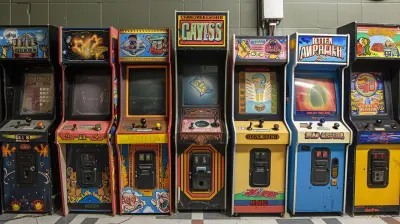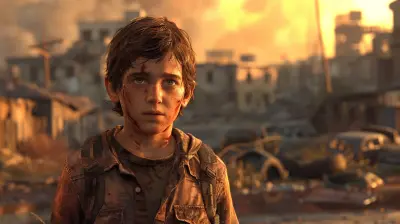Horror Games that Thrive on Lore and Worldbuilding
30 June 2025
You know that eerie feeling when you walk into a haunted house, the tension pressing on your chest, and you just know there’s a story hidden in the walls? That’s the kind of emotion amazing horror games can evoke — not just with jump scares or creepy monsters, but with deep, intricate lore and mind-blowing worldbuilding.
If you’re someone (like me) who loves digging through cryptic notes, piecing together mysterious backstories, and slowly unraveling the dark secrets of a haunted world, this one’s for you. Let’s talk about horror games that go beyond basic frights — games that build entire nightmares worth getting lost in.
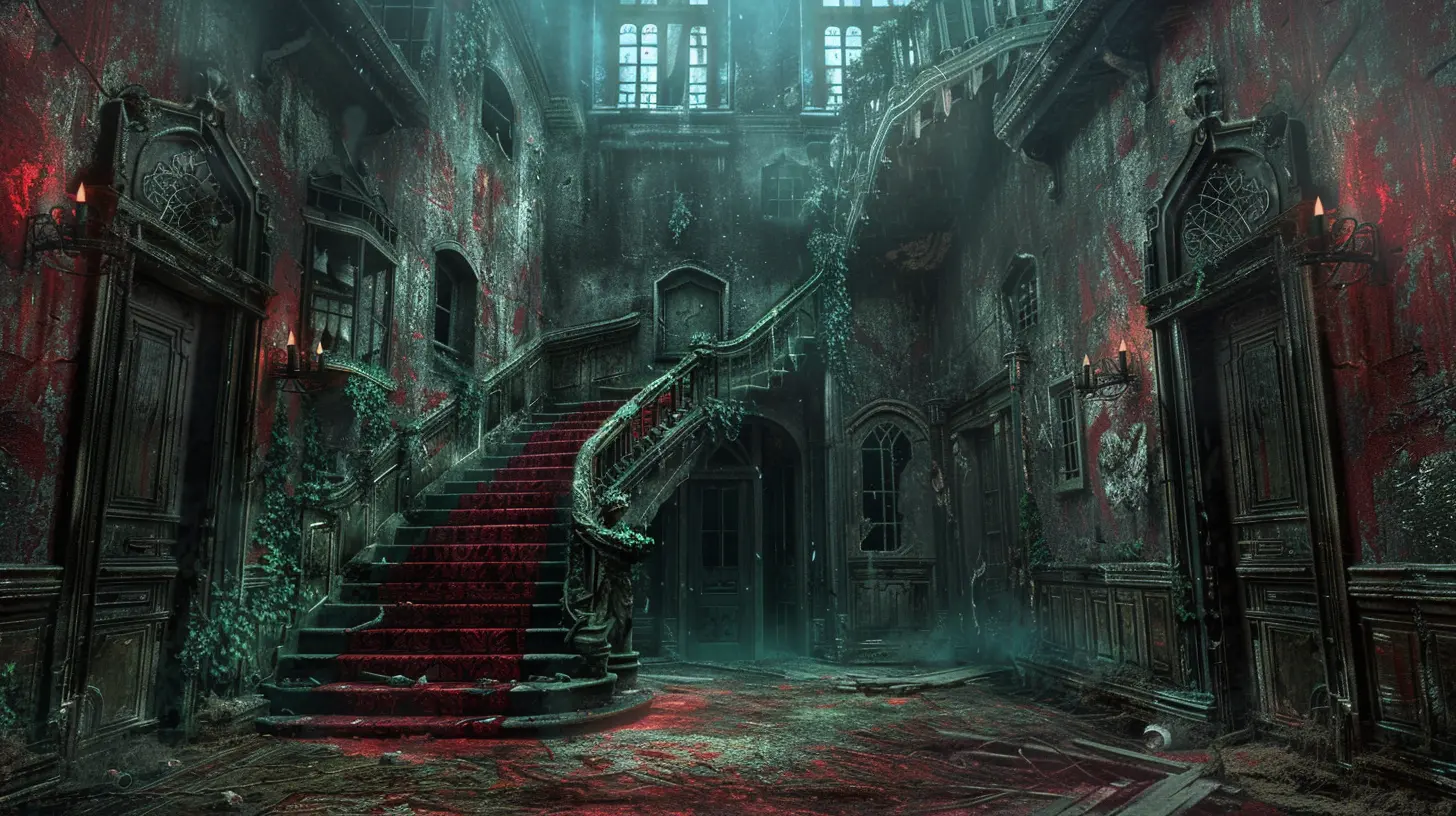
Why Lore and Worldbuilding Matter in Horror Games
First, let’s set the stage. Horror isn’t just about things that go boo! It’s about atmosphere, mystery, and a healthy dose of existential dread. What’s really scaring us is often why something is happening, not just what’s happening.Think about it: a ghost is scary, sure. But a ghost with a tragic backstory? A cursed town with a twisted history? Now we’re talking next-level chills! That’s where lore and worldbuilding come in — they make the horror stick with you even after the game is over.
Now, let’s explore some horror games that absolutely nail this.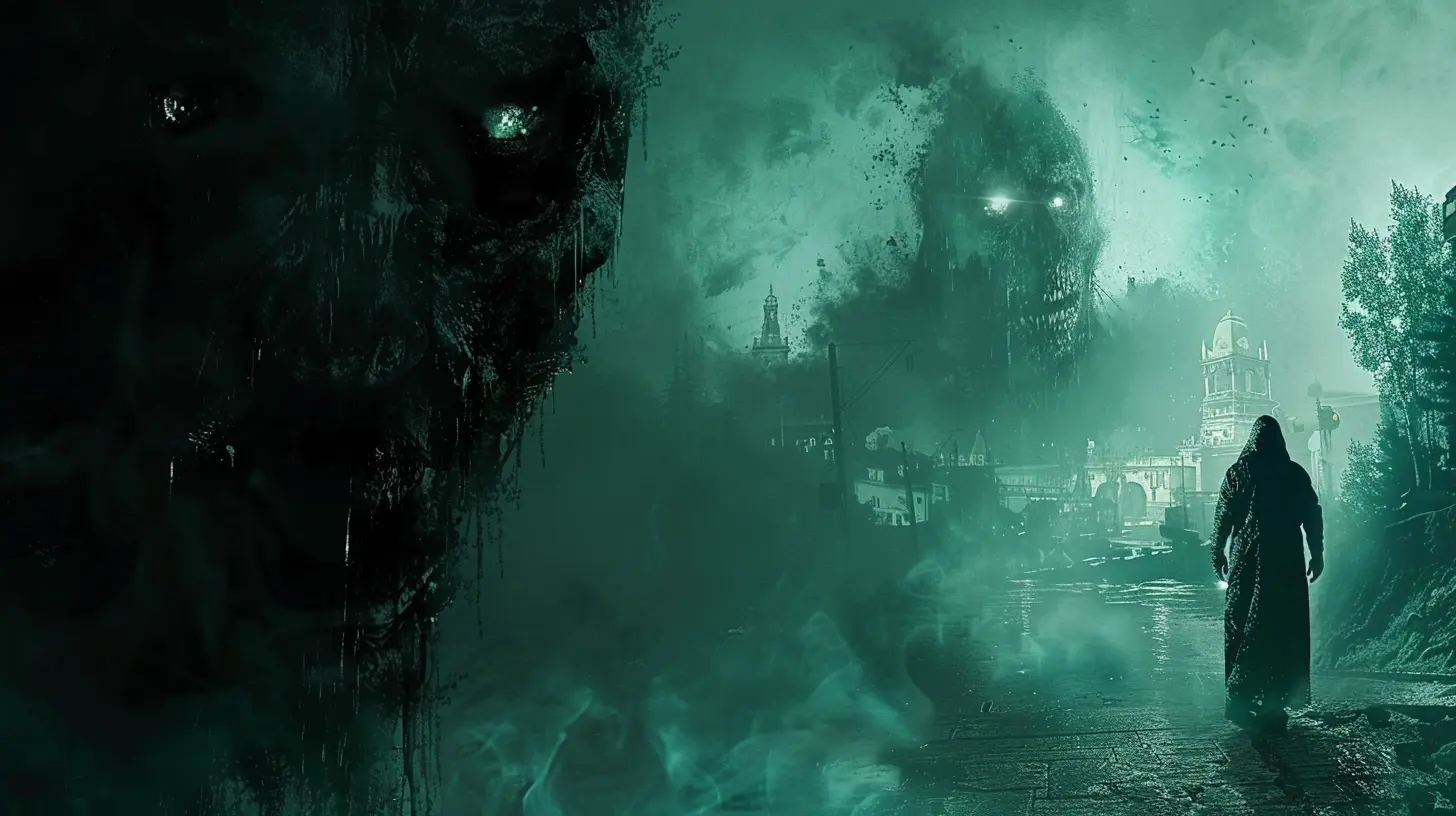
1. Silent Hill Series – Psychology Meets Purgatory
Ah yes, the OG of psychological horror. The Silent Hill series is legendary for a reason. It doesn’t just place you in a creepy town — it throws you into a hellscape born from your own guilt, grief, and trauma. Talk about terrifying therapy sessions.Every enemy design, location, and snippet of dialogue is drenched in symbolism. The town reshapes itself based on whoever enters, meaning no two stories are the same. That rusty hospital? Not just creepy — it might be a reflection of your repressed memories.
The lore here is like an onion. You peel back one layer and BAM — more sorrow, more terror, more questions. And yes, you’ll spend hours in fan forums trying to figure out what really happened to James Sunderland.
Why It Works
- Deeply personal horror rooted in guilt and trauma.- Environmental storytelling that never spoon-feeds the player.
- A town that is the story, not just the setting.
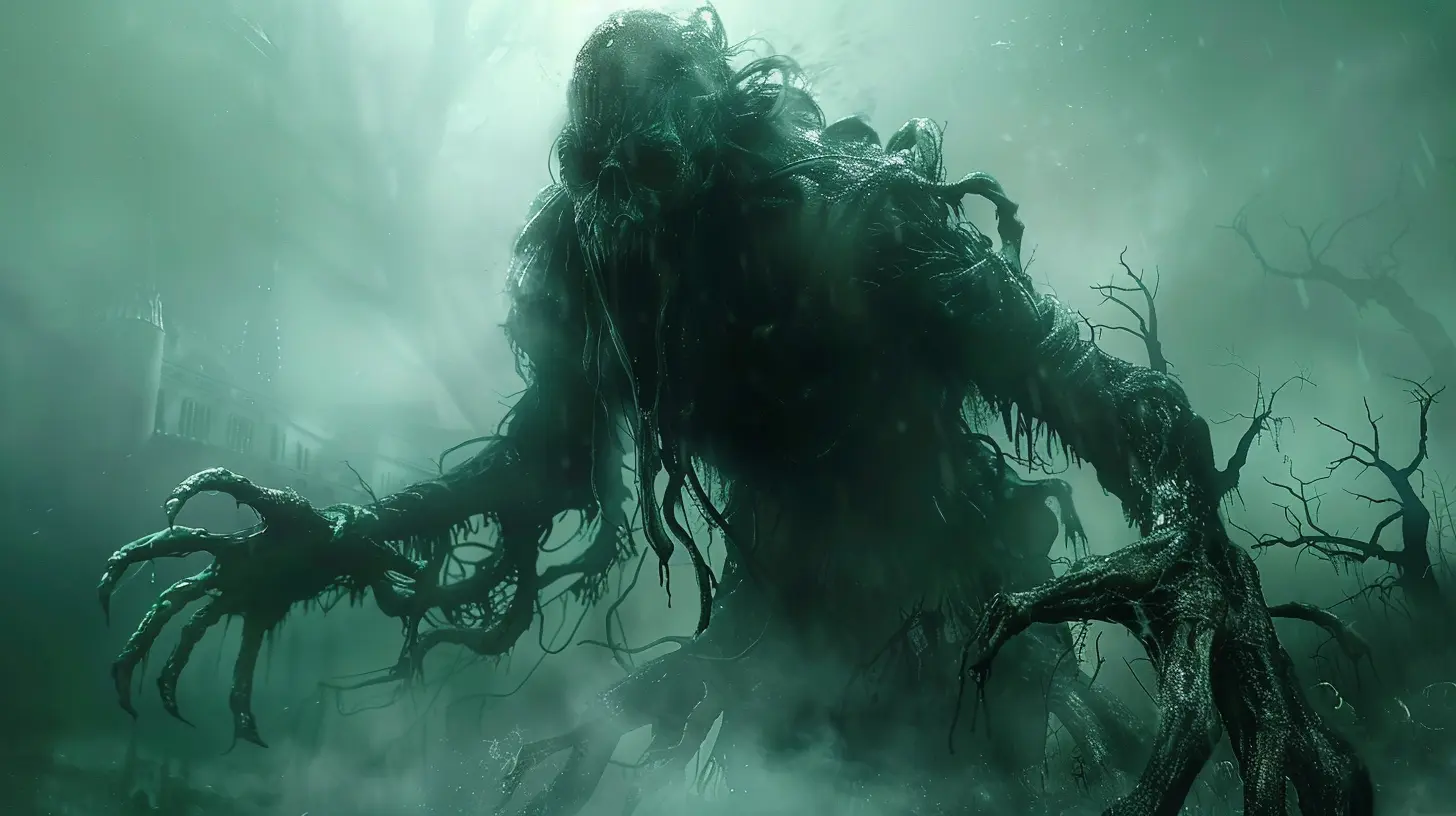
2. Bloodborne – Lovecraftian Nightmares Done Right
FromSoftware doesn't mess around. Bloodborne is gothic, grotesque, and absolutely brilliant when it comes to worldbuilding. The horror here is cosmic — literally. You're not just fighting beasts, you're unraveling a universe that’s lost its mind.Yharnam starts as a plague-ridden Victorian city, but it slowly unravels into something far darker and more alien. Ancient gods, forbidden knowledge, cults, and nightmares that bleed into reality? Yes, please!
And what’s worse? The more you learn, the more you realize that you’re part of the problem. Knowledge is dangerous, and in Bloodborne, discovering the truth may be more horrifying than staying in the dark.
Why It Works
- Layered lore told through item descriptions, architecture, and vague NPC lines.- A world that visually evolves as you go deeper into the madness.
- Encourages exploration and theorycrafting with minimal hand-holding.
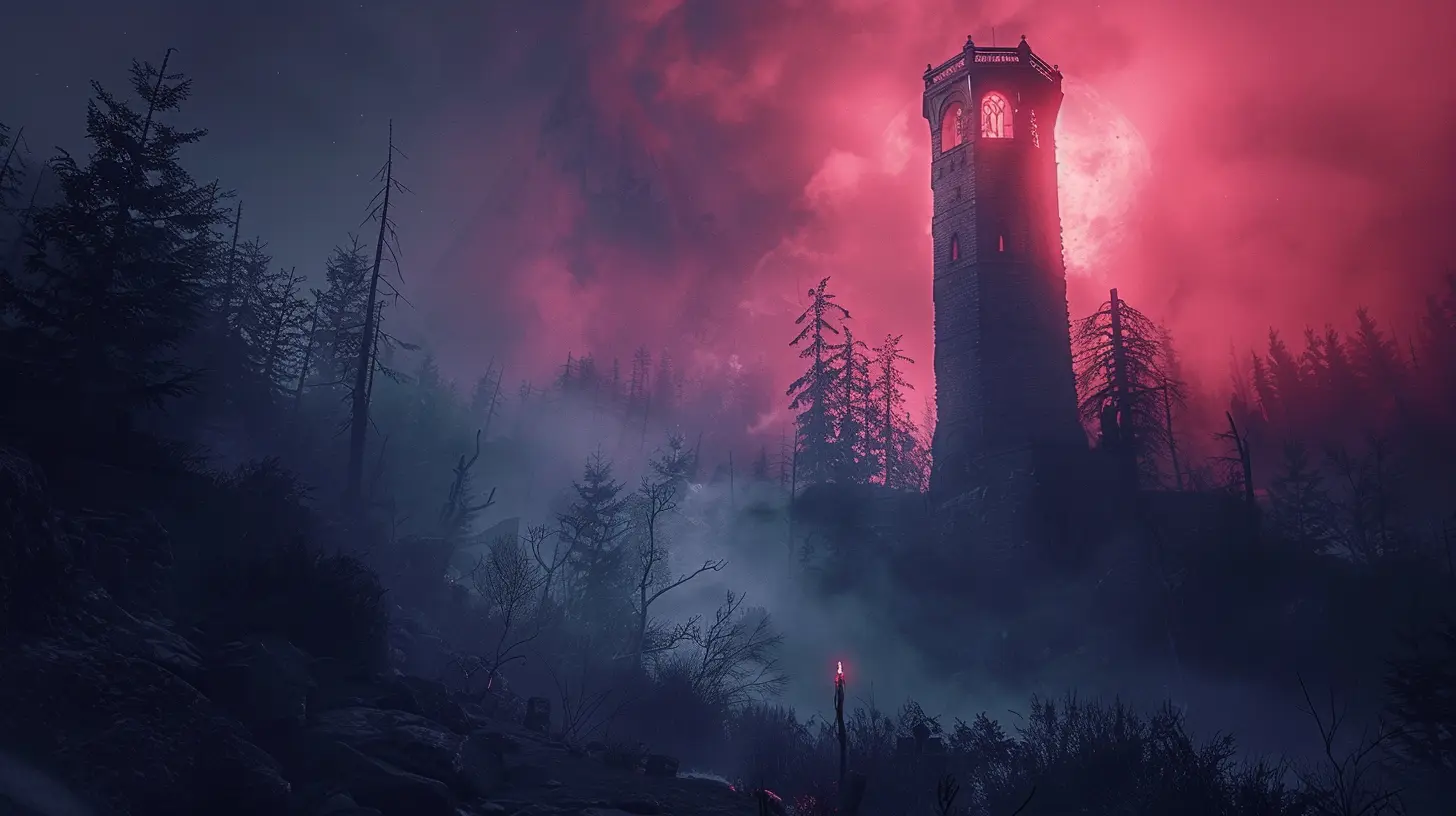
3. Amnesia: The Dark Descent – Memory Is the Real Monster
Amnesia kicked off the modern era of psychological horror games, and it still slaps to this day. You wake up in a spooky castle with no memory (hence the name), and everything — from the insane environments to the whispers in the dark — screams "you did something bad."The game’s lore is revealed through diary entries, environmental clues, and creepy encounters. It’s not just about running from monsters — it’s about confronting who you were before you lost your memories.
And once you learn the truth? Yeah… good luck sleeping after that.
Why It Works
- A mystery-driven narrative that keeps you digging for answers.- Limited combat amps up the fear factor and keeps intensity high.
- Moral choices baked into a disturbing backstory you uncover at your own pace.
4. Resident Evil Series – Biotech Gone Wrong
Now I know what you're thinking — isn't Resident Evil just about zombies and shooting stuff? Well, yes and no. If you dig into the notes, files, and background details, there's a lot happening below the surface.We’re talking evil pharmaceutical corporations, secret experiments, bioweapons, double-crossing scientists, and global conspiracies that make real-world scandals look like playground squabbles.
Each game expands on its world, connecting characters and locations, creating a full-blown sci-fi horror saga. Don't sleep on RE's lore. It’s campy, sure, but it’s also surprisingly rich and interconnected.
Why It Works
- Long-running narrative with deep character arcs and recurring themes.- Tons of lore tucked away in bonus files, documents, and hidden scenes.
- A unique blend of camp and conspiracy that keeps it entertaining.
5. SOMA – Identity Crisis in a Dystopian Nightmare
SOMA isn’t your typical horror game. It skips the jump scares (for the most part) and hits you with existential dread so hard, you’ll be questioning your own humanity.Set in a decaying underwater research facility, the game explores themes like consciousness, identity, and what it really means to be alive. The monsters aren’t the scariest part — the implications of your actions are.
The story unfolds through audio logs, terminals, and eerie environmental clues. And as you piece together what happened, you’ll realize the true horror isn’t what’s chasing you — it’s what you are.
Why It Works
- Deep philosophical themes wrapped in a sci-fi horror shell.- Environmental storytelling that’s genuinely thought-provoking.
- A narrative that lingers long after the credits roll.
6. Fatal Frame Series – Haunted by Memories and Ghosts
Fatal Frame (aka Project Zero) is spooky with a capital "S." Armed with only a camera (yeah, really), you fight spirits by snapping photos like some kind of paranormal paparazzi. But the real star here is the lore.These games dive into Japanese folklore, ritual sacrifice, and tormented souls trapped by ancient curses. Every ghost you encounter used to be someone — and their tragic stories unfold in notes, pictures, and flashbacks that’ll break your heart.
You’re not just fighting evil. You’re uncovering lost lives that still cling to the mortal world — and some really don’t want to let go.
Why It Works
- Combines cultural mythology with deeply personal ghost stories.- Uses real-world legends to ground supernatural elements.
- A unique take on combat that fits perfectly with the narrative.
7. The Dark Pictures Anthology – Interactive Lore on Steroids
If you love binge-watching horror movies and making bad decisions with friends, this one’s for you. The Dark Pictures Anthology (think: Man of Medan, Little Hope, House of Ashes) is all about choice-driven storytelling — with a highly cinematic flair.Every installment dives into a new horror subgenre, with unique lore and mysterious histories ready to be uncovered. Each game also has hidden documents, old artifacts, and creepy cutscenes that reveal the deeper truth behind the scares.
Bonus points: the Curator, a cryptic narrator, ties all the games together in weird and wonderful ways you’ll want to obsess over.
Why It Works
- Every choice shapes the lore and outcome — replay value galore.- Short but rich narratives packed with hidden layers.
- An overarching mystery that connects each standalone game.
8. Pathologic 2 – The Weirdest Game You’ll Ever Love
Pathologic 2 isn’t just horror — it’s experimental existential dread. It's like stepping into a fever dream where you’re constantly sick, paranoid, exhausted, and confused… and weirdly into it.The story follows a doctor in a strange plague-ridden town where reality itself seems off. You’ll meet strange characters (some who talk in riddles), experience trippy visions, and make decisions that really mess things up.
It's not everyone’s cup of tea, but if you like surreal, lore-heavy, philosophical horror? This one's a hidden gem.
Why It Works
- Deep worldbuilding that feels like a living (rotting) organism.- Impossible moral choices with no clear answers.
- A haunting tone that sinks into your bones.
What Makes a Horror Game’s Lore Stick?
So, what do all these games have in common? It’s not just creepy monsters or eerie soundtracks (though those help). It’s that they treat their world like a character. They tell you: “Hey, there’s more going on here than meets the eye.”They make you care about what happened — about who lived here, what went wrong, what secrets the walls are hiding. And that’s what makes the horror hit harder.
Here's What Great Worldbuilding Looks Like in Horror Games:
- Environmental storytelling – every bloodstain, broken door, or cryptic scribble tells a tale.- Fragmented narratives – you get pieces of the story and you put them together like a haunted jigsaw puzzle.
- Symbolism and subtext – nothing is fully explained, but you feel it in your gut.
- Mythology – whether invented or borrowed, deeper world lore creates lasting impact.
Final Thoughts: The Horror Beneath the Surface
Let’s be real — horror games with good lore are kind of like the horror fan’s version of a treasure hunt. Each note, clue, and unnerving moment is a breadcrumb leading you deeper into a richly built world just waiting to mess with your mind.So next time you boot up a horror game, don’t rush through it. Slow down. Read that blood-stained letter. Poke around the forgotten corners. There’s a story there — and trust me, it’s scarier than any jumpscare.
And hey, if you start dreaming about haunted towns and cosmic gods… welcome to the club. We’ve got cookies. And trauma. Lots and lots of beautifully written trauma.
all images in this post were generated using AI tools
Category:
Horror GamesAuthor:

Aurora Sharpe
Discussion
rate this article
2 comments
Lisette Roberson
Horror games that excel in lore and worldbuilding create immersive experiences, drawing players into rich narratives and environments. The depth of storytelling enhances fear and engagement, making them unforgettable.
November 2, 2025 at 5:24 PM

Aurora Sharpe
Absolutely! The intricate lore and immersive worldbuilding in horror games not only enrich the narrative but also amplify the overall fear factor, making each experience truly unforgettable.
Viviana McConkey
This article beautifully highlights how lore and worldbuilding elevate horror games, creating immersive experiences that linger long after play. Titles like "Bloodborne" and "Silent Hill" exemplify this, using rich narratives and haunting environments to engage players deeply, making each encounter more impactful. Great read!
July 12, 2025 at 5:09 AM

Aurora Sharpe
Thank you for your thoughtful comment! I'm glad you enjoyed the article and appreciate your insights on how lore enhances the horror experience in games like "Bloodborne" and "Silent Hill.
